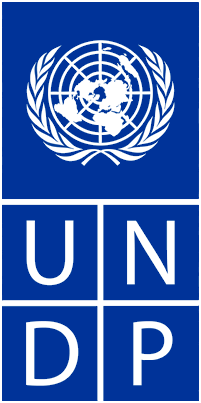Community / Land projects / Scaling Up Fertilizer Micro-Dosing and Indigenous Vegetable Production and Utilization in West Africa (CIFSRF
Scaling Up Fertilizer Micro-Dosing and Indigenous Vegetable Production and Utilization in West Africa (CIFSRF

€702139.772
03/15 - 03/18
Achevé
This project is part of
Implementing Organisations
Donors
Data Providers
General
Poor soil fertility and land degradation result in low production yields and quality for indigenous vegetables in West Africa. This project will address the challenges to improve vegetable production through fertilizer innovations. Increasing vegetable yields and quality This project will build on earlier research funded by the Canadian International Food Security Research Fund (CIFSRF), a program of IDRC undertaken with the financial support of the Government of Canada provided through Foreign Affairs, Trade and Development Canada. Two earlier projects generated promising results to improve food security in West Africa for poor families. Using innovations developed in this earlier work, researchers will speed up adoption of innovative approaches that will use cost-saving fertilizer micro-dosing and better water management to improve indigenous vegetable production in Nigeria and Benin. The project team will develop, test, and deploy two different models (Innovations Platform and Satellite Dissemination Approach) that will reach and benefit more farmers with sustainable vegetable production and marketing approaches. They will connect women-led cooperatives and youth groups to the private sector and business organizations, directly reaching more than 255,000 households. The team's work will involve further developing commercial seed production, postharvest handling, and value chains. They will also strengthen producer groups. Project leadership A consortium of five universities in Canada, Benin, and Nigeria will lead the project. They will mobilize at least 20 private sector partners and government agencies to build small and medium vegetable and fertilizer businesses. Their work will serve to double the income of approximately one million farmers in West Africa along the vegetable value chain.




